In a startling escalation of political tensions in Kenya, Samson Cherargei, Senator for Nandi County and strong voice in the governing United Democratic Alliance (UDA), has publicly blasted former Vice-President and regional leader Kalonzo Musyoka for skipping this year’s national Mashujaa Day celebrations in his home region of Ukambani — calling him “unpatriotic” and “the coward of the century.”
Held today at the newly inaugurated Ithookwe Stadium in Kitui County, the Mashujaa Day event marked an extraordinary turnout by residents, who flocked to pay tribute to Kenya’s heroes. Gates opened at 4 a.m., and by 8:30 a.m. the 10,000-seat stadium was reportedly full, with the crowd spilling outside.
In his rebuke, Cherargei pointed out that Kalonzo — long seen as a key figure in Ukambani politics and leader of the Wiper Patriotic Front (WPF) — traveled abroad to the UK in recent weeks and only returned for the funeral of the late former Prime Minister Raila Odinga. The senator said Kalonzo used that appearance to mask his absence at the Mashujaa Day event. “By skipping this national celebration that was held in his political backyard, he has shown that his patriotism is merely lip-service,” Cherargei declared.
The absence has stirred outrage among local constituents in Kitui. Given the prominence of the ceremony — presided over by President William Ruto, with guests including Senegalese President Bassirou Diomaye Diakhar Faye and top government officials — the void left by Kalonzo’s no-show has not gone unnoticed.
Cherargei’s remarks do more than question absence; they strike at the heart of Kalonzo’s nationalist credentials. “He pretends to be a nationalist and patriotic, but he cannot honour a national holiday to celebrate our national heroes,” the senator said, accusing the Wiper leader of putting personal or foreign engagements ahead of national duty.
For his part, Kalonzo had earlier posted a statement dedicating this Mashujaa Day to Odinga, hailing him as a “true hero” who sacrificed for Kenya’s democracy — while still not appearing at the Kitui event.
As this confrontation unfolds, observers note the timing is significant: Ukambani is central to the 2027 general election calculus, and internal fractures within the broader opposition base are becoming ever more publicly visible. The optics of a key regional leader skipping a major national celebration in his backyard could have far-reaching implications for his credibility and grassroots standing.
The question now: will Kalonzo respond to the challenge laid down by Cherargei? Will his absence translate into political backlash in Ukambani? And how will this incident shape perceptions of loyalty, patriotism and leadership ahead of Kenya’s upcoming electoral contest?


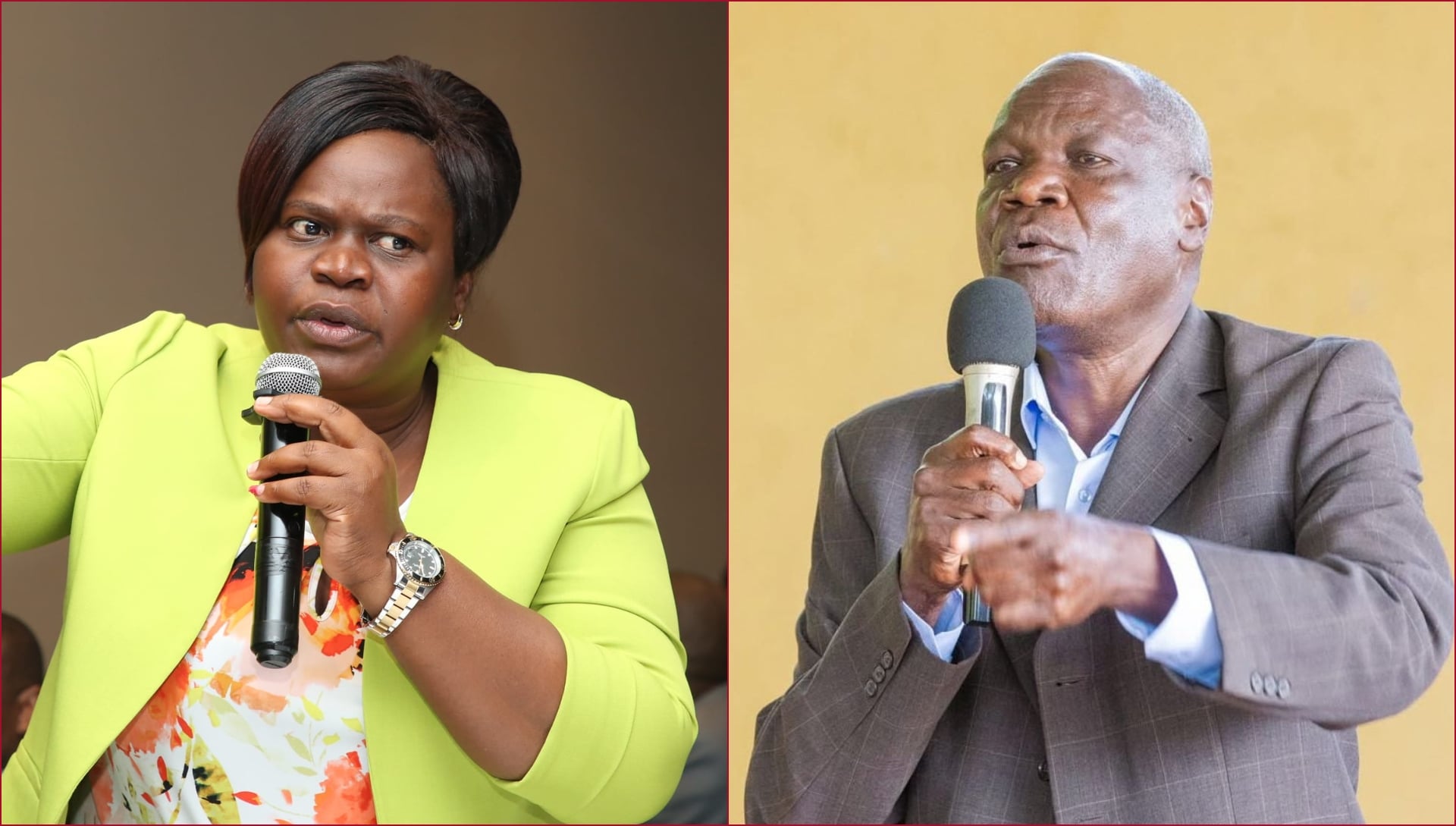
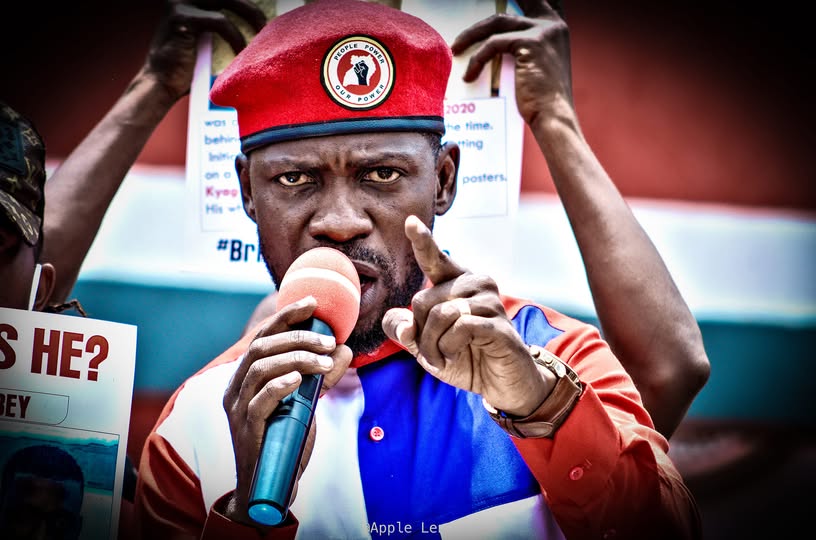
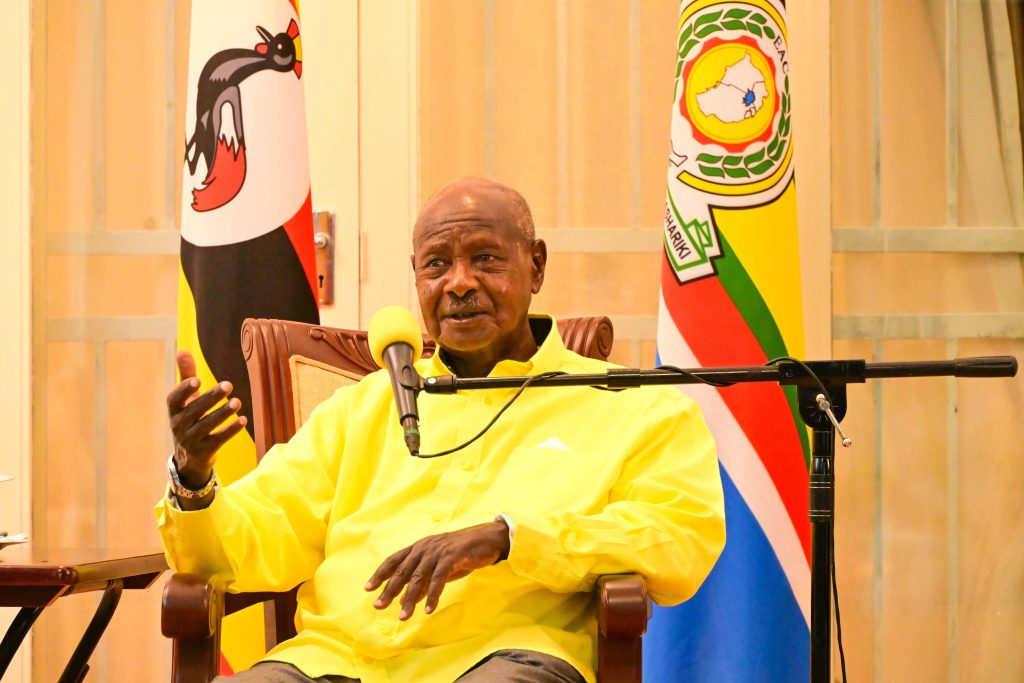
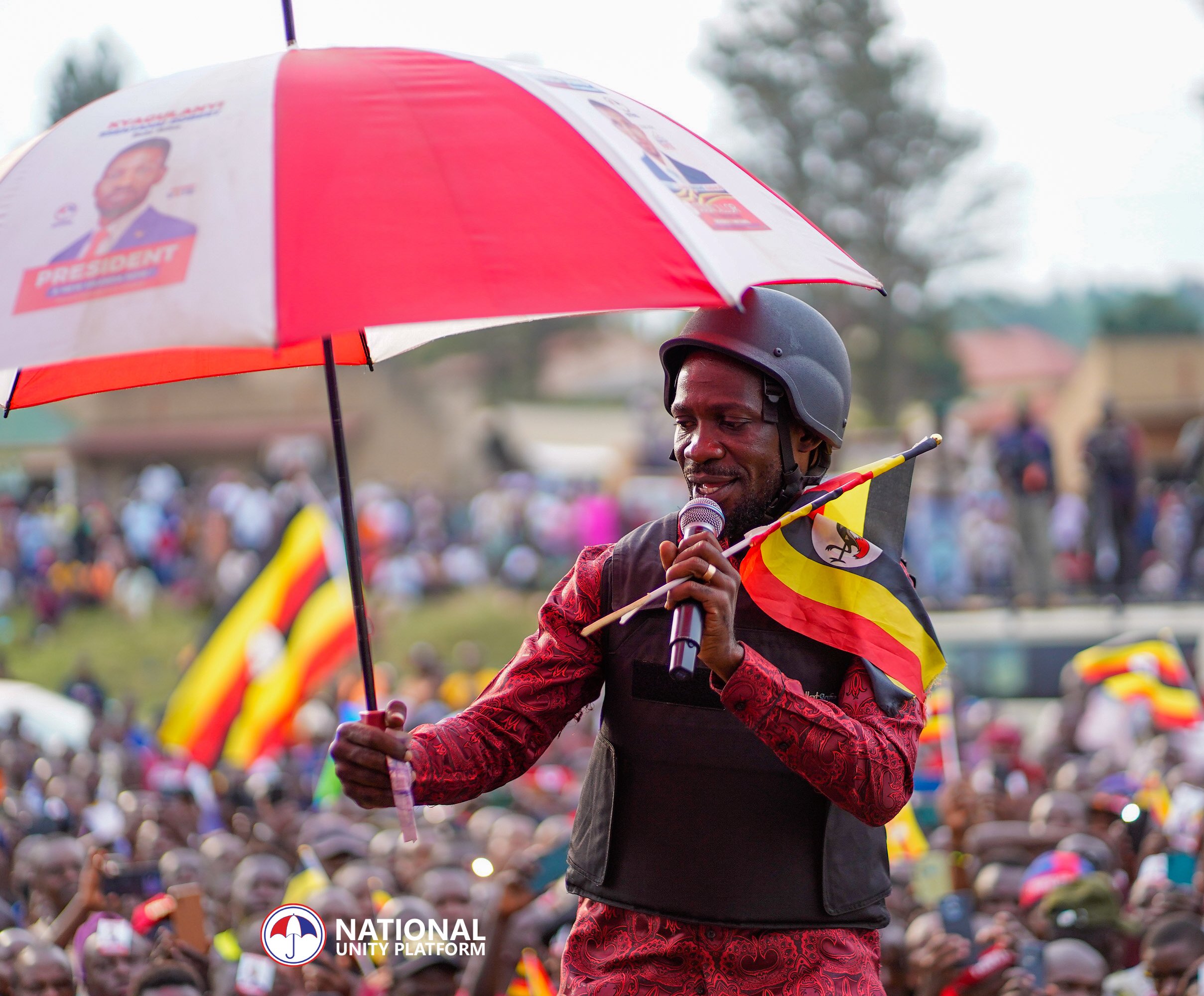
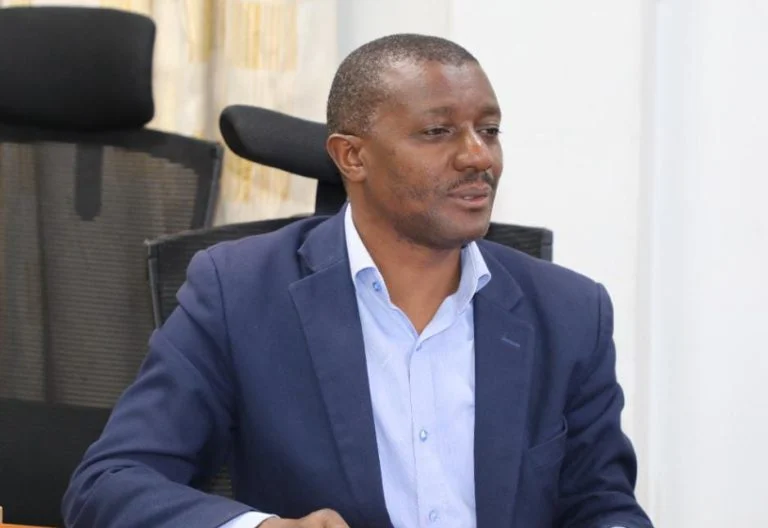
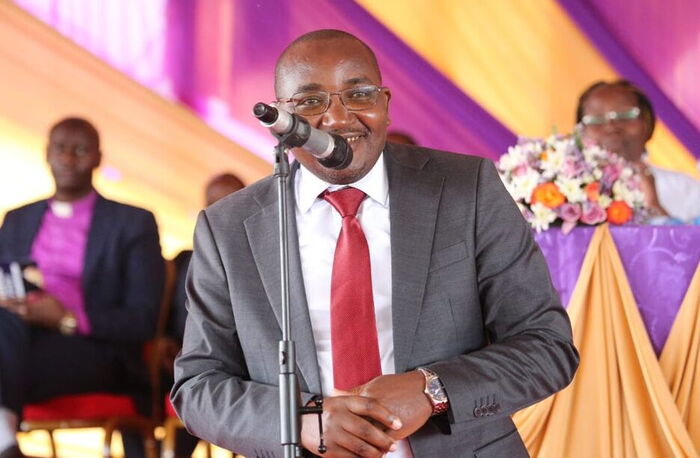
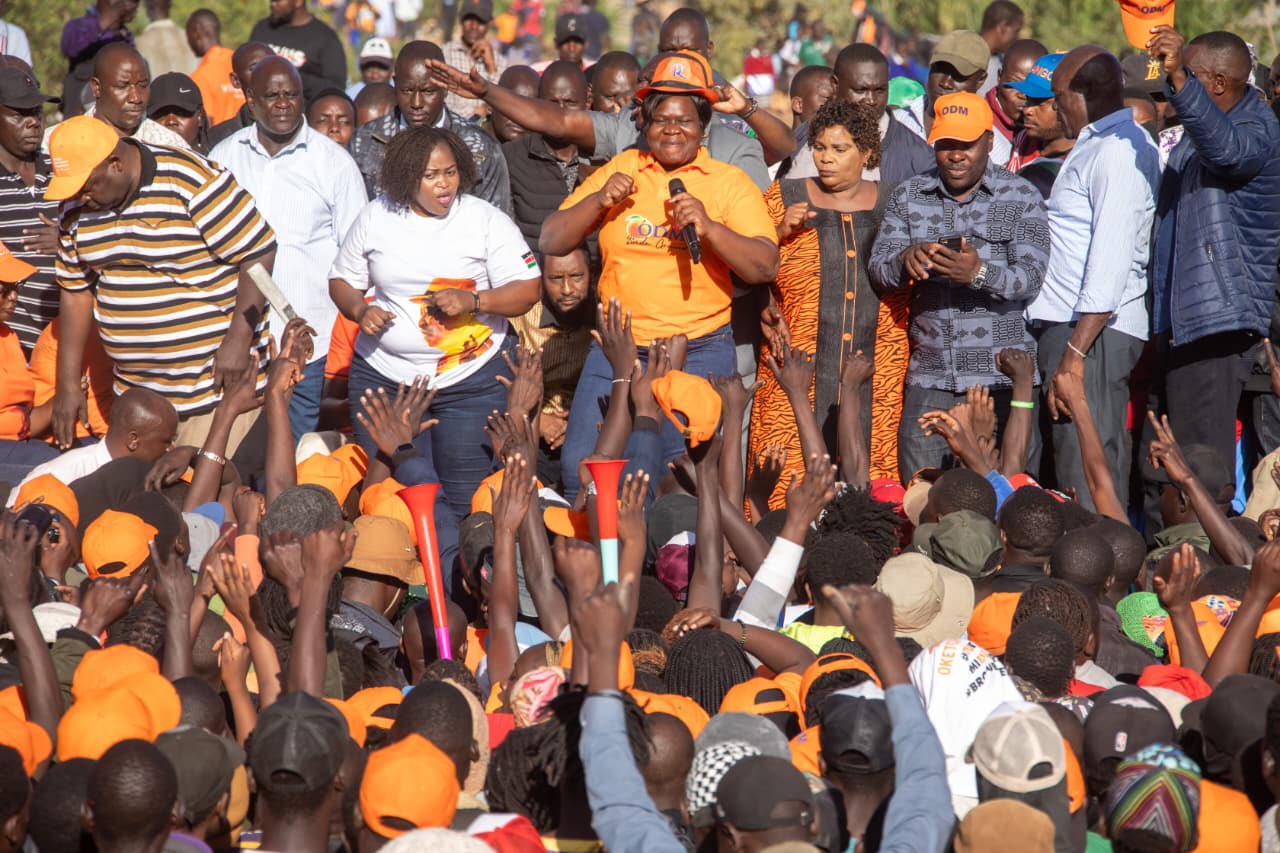
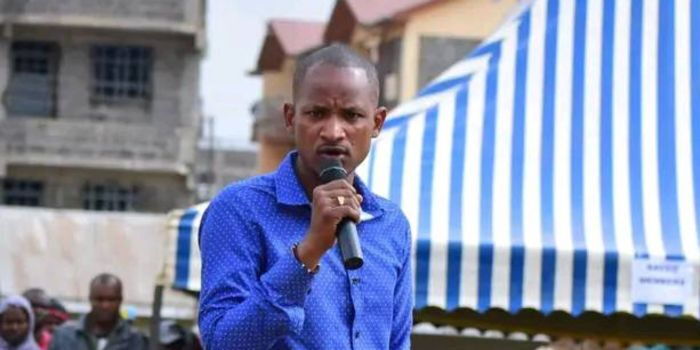

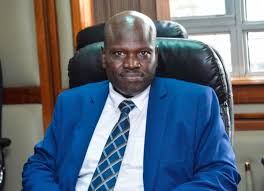
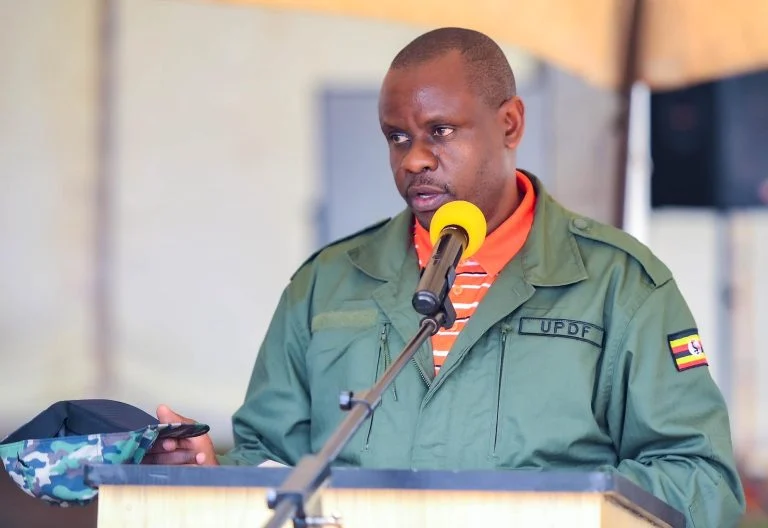

Leave a Reply